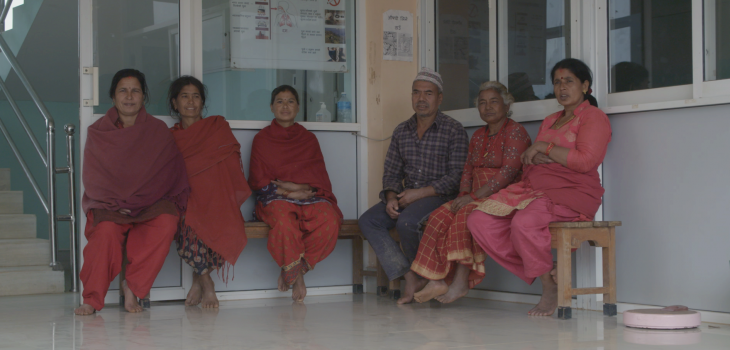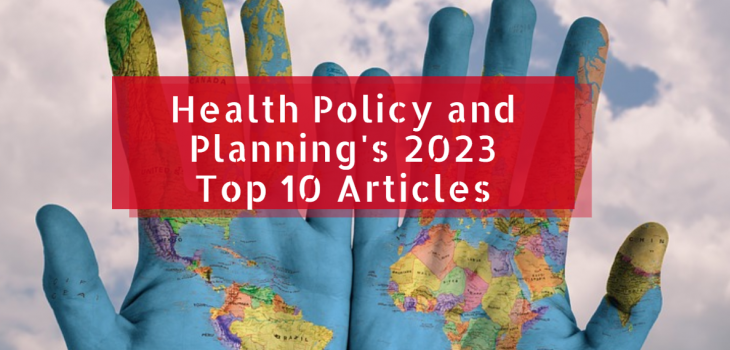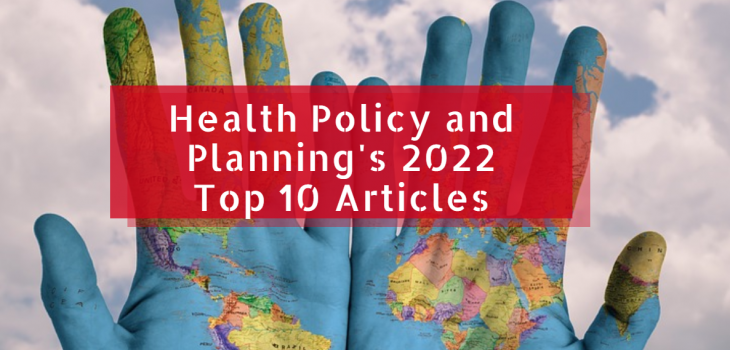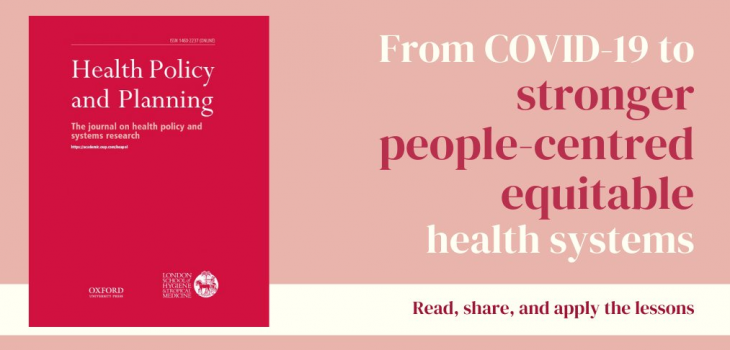By Mumta Hargovan, Leslie London & Marsha Orgill (University of Cape Town)
Alcohol is deeply entangled in the social, political and economic history of South Africa (SA). There is a high prevalence of heavy episodic drinking (binge-drinking) and related harms, including a costly burden of injuries and trauma on…



















